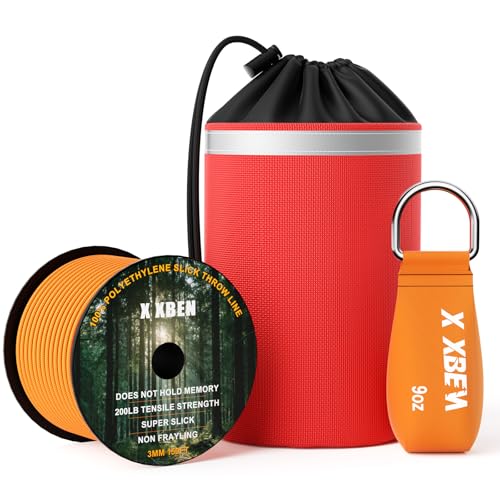Tree Sling'r
Addicted to ArboristSite
I have cut on one fire in my life and I will never do it again - and bunch of arrogant ******* who know very little about anything but being a know it all. Up until recently it did not take much to become a faller on a fire - the reason I know this is because of all the cull's around here who can't find a job during the working months are the ones who get hired onto fires. I don't know the politics, personally I think the CDF, USFS and all the other government agencies the control our forest's are a joke. Though, they put out fires they are for the most part a bunch of over paid, lazy, over educated ignorant leeches. If they would manage the forest's in the first place there would not be the millions of board feet of fuel on the ground. And any idiot who cuts a burning tree because some ignorant pissfir told him to needs his face beat in.
You can't compare a cutter who does it for a living to a class so-and-so faller who "works" for the government, state or a hired agency. I have worked side by side many so-called Class Whatever fallers and every single one of them has lasted no-longer than a week- they get fired or comp out. They don't know how to produce, not saying they can't - they just don't. Anyway I probably, made a bunch of you mad, and it is not aimed directly at any title or individual, just my take on a group as a whole. I do respect what many of you do to a certain extent, but when it comes to knowledge and work ethic there is no comparison to a "fire cutter" and one who does it daily.
You can't compare a cutter who does it for a living to a class so-and-so faller who "works" for the government, state or a hired agency. I have worked side by side many so-called Class Whatever fallers and every single one of them has lasted no-longer than a week- they get fired or comp out. They don't know how to produce, not saying they can't - they just don't. Anyway I probably, made a bunch of you mad, and it is not aimed directly at any title or individual, just my take on a group as a whole. I do respect what many of you do to a certain extent, but when it comes to knowledge and work ethic there is no comparison to a "fire cutter" and one who does it daily.























































